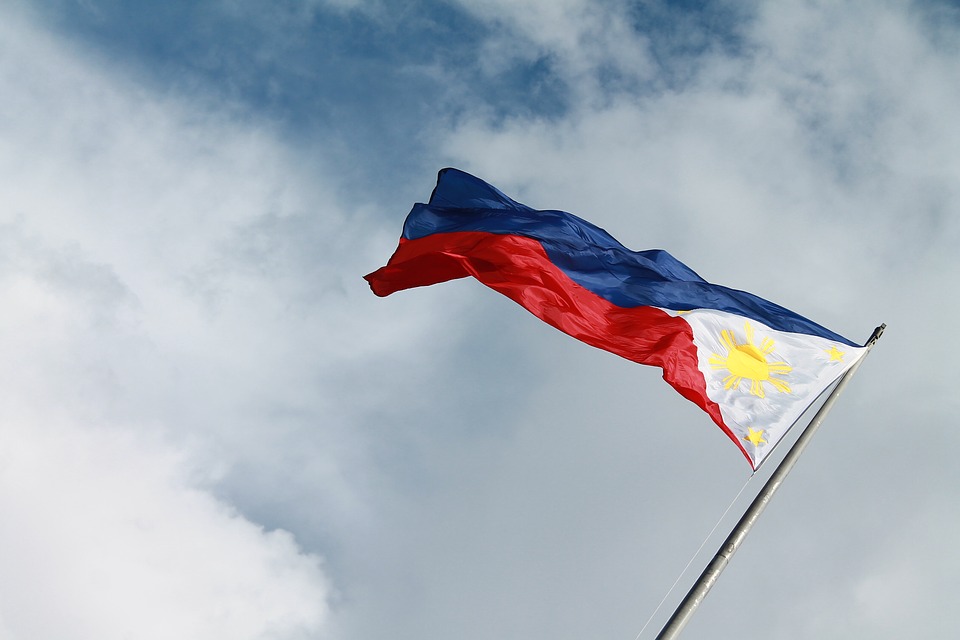The Department of Finance (DOF), together with the Global Shield Secretariat, the Institute for Climate and Sustainable Cities (ICSC), and development partners, is working to strengthen climate-disaster risk finance and insurance (CDRFI) mechanisms in the Philippines.
 As the government agency tasked with mobilising financial resources for climate initiatives, the DOF is guiding the development of the Climate Finance Strategy and updating the Disaster Risk Finance and Insurance (DRFI) Strategy.
As the government agency tasked with mobilising financial resources for climate initiatives, the DOF is guiding the development of the Climate Finance Strategy and updating the Disaster Risk Finance and Insurance (DRFI) Strategy.
The Global Shield against Climate Risks, a joint initiative by the G7 and the Vulnerable Twenty Group of Finance Ministers (V20), seeks to strengthen financial protection for countries most exposed to climate hazards by providing pre-arranged financing solutions.
“We aim to craft a proposal for a proactive solution, to be supported by Global Shield financing vehicles, a source of funding that is poised to bolster our financial defences against the adverse effects of climate change and mitigate loss and damage, especially in the most vulnerable segments of our society,” DOF Chief of Staff and Undersecretary Maria Luwalhati Dorotan Tiuseco said at the Global Shield Country Workshop on August 13, 2025.
The workshop brought together representatives from government, civil society, NGOs, the private sector, academia, and bilateral and multilateral development partners to present the initiative and identify key areas for expanding pre-arranged financing.
German Ambassador to the Philippines Dr. Andreas Michael Pfaffernoschke highlighted the importance of pre-arranged finance in reducing the fiscal impact of climate events. As a G7 member, Germany is one of the funding partners supporting the initiative.
The Global Shield Secretariat and the ICSC are assisting the DOF through the In-Country Process, which involves a multisectoral stocktake and gap analysis to produce a comprehensive overview of the Philippines’ CDRFI landscape.
Pre-arranged financing remains a central component of the government’s disaster risk management and climate adaptation efforts. The country has already implemented emergency funds, contingent financing, and sovereign insurance mechanisms under the 2015 DRFI Strategy.
Despite these measures, challenges persist in making CDRFI an accessible and cost-effective solution for addressing climate-related losses and damages among vulnerable communities.
“It is important to note that this is not a new strategy on its own. The Global Shield project will complement and be integrated into our broader national efforts,” Dorotan Tiuseco commented.
“By investing in CDRFI tools, we are not just bracing ourselves for the next storm––we are making an investment in long-term economic stability,” she further added.
At the workshop, participants reviewed the Philippines’ current CDRFI framework, pinpointing gaps and recommending ways to broaden the use of pre-arranged financing. They also considered the types of support that the Global Shield and its partners could provide to strengthen these mechanisms.
The discussions covered existing tools, including contingent financing and the quick response fund, while exploring new options such as parametric and micro-insurance. Participants also examined approaches to optimise Local Government Units’ (LGUs) Disaster Response Funds for anticipatory financing purposes.
“Resilience is not defined by the lack of vulnerability, but by our capacity to withstand shocks and adapt well in the face of adversity. There will always be challenges over the horizon, but with a strategic approach, we will overcome them,” Dorotan Tiuseco said.

